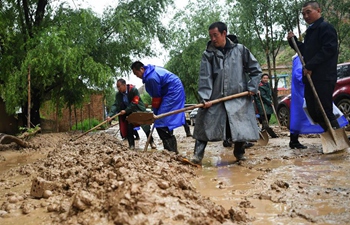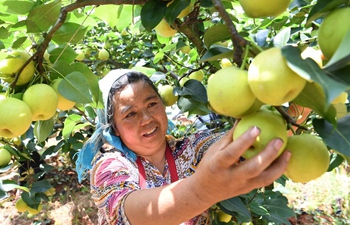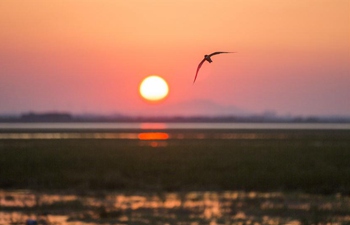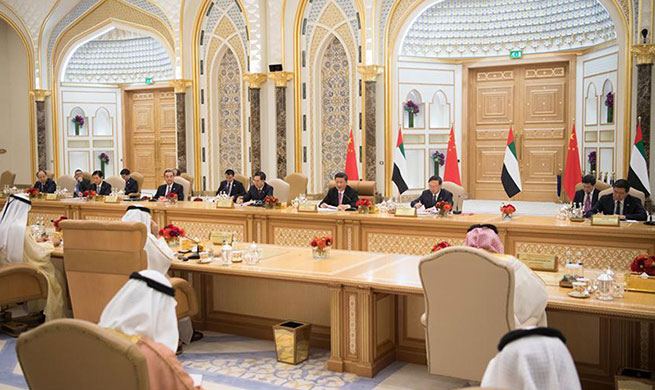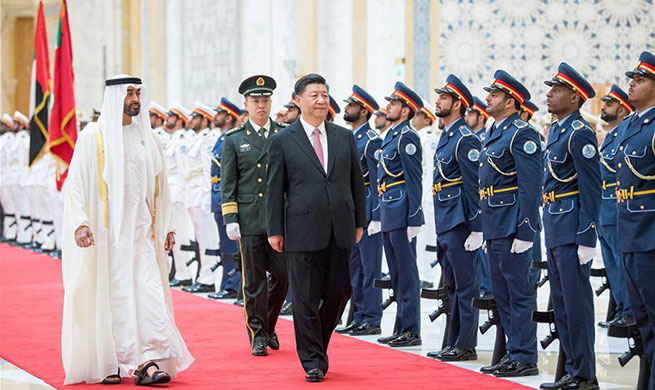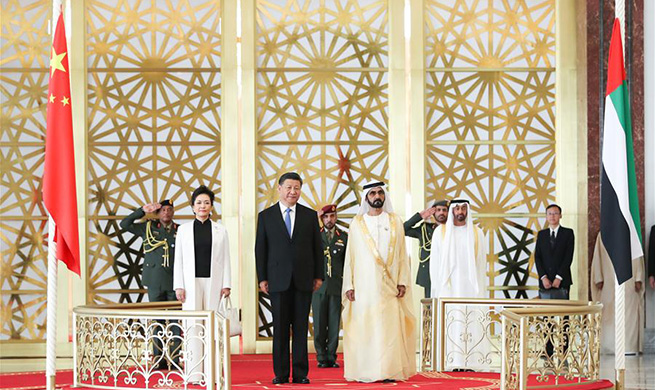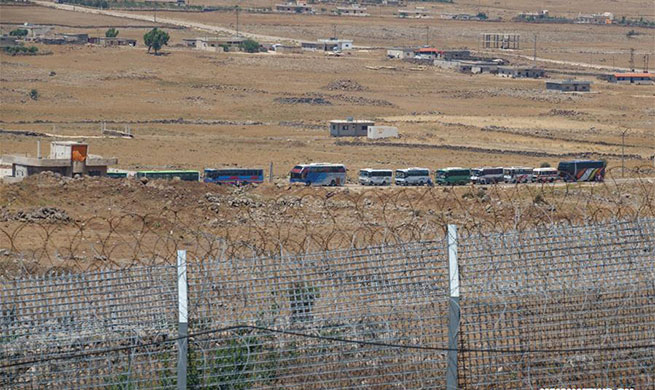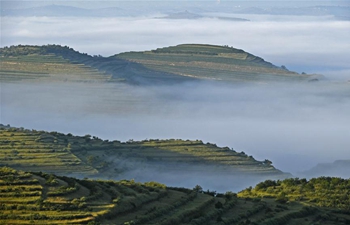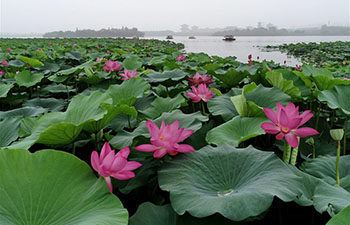by Eric J. Lyman
ROME, July 20 (Xinhua) -- The Italian government's ongoing battle to curb the number of migrants arriving on the country's shores is attracting increasing worldwide attention.
Recent days and weeks have seen protests over migration near the border between Italy and France, lobbying on the part of Italy with other members of the European Council, the Group of Seven nations, and at the summit of the North Atlantic Treaty Organization, and one case where Sergio Mattarella, Italy's president, made an unusual foray into politics to contradict Minister of the Interior Matteo Salvini and allow 67 migrants rescued at sea to disembark in the Sicilian port of Trapani.
As president, Mattarella is head of state, rarely delving into the political realm except in times of crisis. Salvini is the leader of the anti-immigrant League and the main architect of Italy's anti-migrant policies. The League is one of the two major parties supporting the government led by Prime Minister Giuseppe Conte, the head of government.
"The Italian presidency is not normally a political office, but remember that the president is the guarantor of the Italian state and supreme leader of defense forces," Roberto Virzo, a professor of international law and law of the sea at Rome's LUISS University, told Xinhua. "Occasionally, the president acts in these capacities."
According to Anna Bono, a researcher on the history of African institutions and the author of book about migrants in Italy, the increase in the visibility of the migrant issue as the actual number of migrant arrivals is falling precipitously since the peak in 2015 and 2016 is an illustration of the political aspects of the situation.
"This is first and foremost a political issue in Italy," Bono said in an interview. She said she did not believe increasing pressure from abroad would convince the government to change its policies in this areas.
"At least on the side of the League, this is the reason they got elected," Bono said. "They will not back away from their hardline migration policies so easily."
That certainly seems to be the case. Though the 67 migrants in the case where Mattarella intervened are now safe on Italian territory, Salvini made it clear that the case did not represent any change in Italy's policies in this area. Salvini used social media to criticize Mattarella's actions, adding more contention to an already strained relationship between the two leaders.
Despite worldwide criticism, surveys show that the number of Italians who think migration laws should be tougher is steadily rising.
Christopher Hein, a professor of immigration policy from LUISS University, told Xinhua it was essential for the European Union (EU) to address the problem of migration differently, saying it needs new and consistent policies across the 28-nation bloc on "how we are going to define and defend our borders."
But Hein also says he fears the migration issue would be a distraction from more important matters facing the EU.
"I'd much rather see migration reduced to a second-tier priority so that the EU could focus energy on international affairs, trade, Russia, youth unemployment, or any of the other issues that really deserve the attention of our leaders," Hein said.
